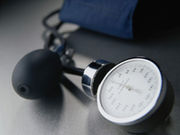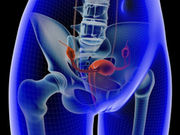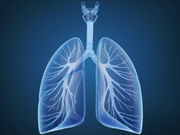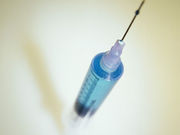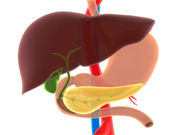Home 2017
Archives
ATS: Angiotensin II Improves BP in Vasodilatory Shock
Angiotensin II effective for vasodilatory shock in patients not responding to conventional vasopressors
Overweight Boys at Greater Risk of Colon Cancer in Adulthood
But study also found that losing weight lowered those odds
Lower-, Higher-Dose Elagolix Beneficial for Endometriosis
Higher percentage of women have clinical response for dysmenorrhea, non-menstrual pelvic pain
Substantial Variation in Opioid Rx for Minor Injuries Across U.S.
Laws limiting new opioid prescriptions to no more than a five-day supply could be beneficial
ATS: First Abx Rx Doesn’t Work for ~25% of Pneumonia Cases
One in four adult patients do not respond to initial prescription of antibiotic treatment
ASCO: Vaccination Tied to Substantial Reduction in Oral HPV
Vaccination may help prevent oral HPV infections linked to oral cancers, researcher says
Hysterosalpingography With Oil Contrast Effective Infertility Tx
Rates of pregnancy, live births higher compared to women who underwent procedure with water
Anticoagulation May Help Prevent Dementia in A-Fib Patients
Dementia rates up with delays in anticoagulation treatment for atrial fibrillation
ASCO: Capecitabine May Extend Survival in Biliary Tract Cancer
Survival benefit seen in those given capecitabine versus surgery alone
Overweight in Childhood May Up Lifetime Risk of Depression
Risk four times greater if individuals are also overweight as adults, researchers say


